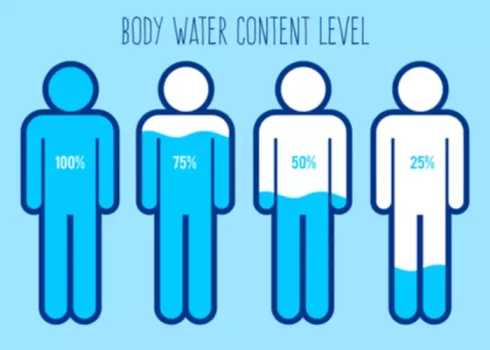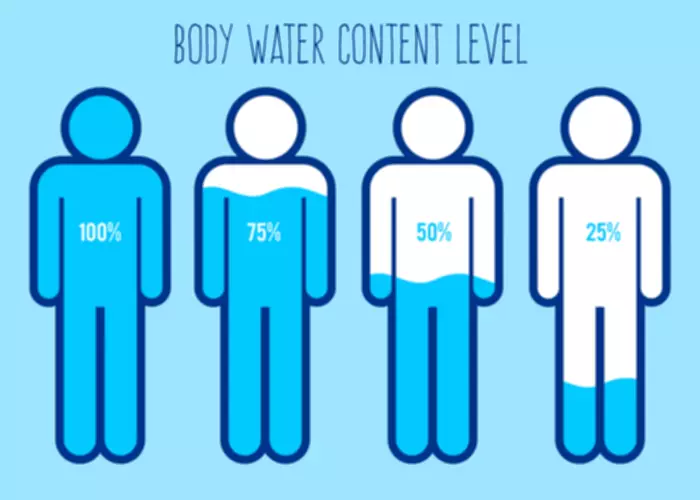
Cognitive dissonance can often have a powerful influence on our behaviors and actions. It doesn’t just influence how you feel; it also motivates you to take action to reduce feelings of discomfort. For example, https://ecosoberhouse.com/recovery-residence/ if you engage in a behavior that you later learn is harmful, it can lead to feelings of discomfort. People sometimes deal with this by finding ways to justify their behaviors or findings ways to discredit or ignore new information. The theory of cognitive dissonance proposes that people are averse to inconsistencies within their own minds.
- For instance, Price and Dahl (2014), who used alibi and eyewitness evidence, found an influence of strong evidence that was presented last on the evaluation of the suspect’s guilt overall, as well as on the evaluation of individual pieces of evidence.
- The study used a 6 (evidence order) × 3 (time) mixed factorial design, with time as within-participants factor.
- Asch proposed a holistic theory of impression formation, in which the parts (most often personality traits) interact and change meaning with context.
- This model was proposed by Petty and Cacioppo (1981, 1986), and it has greatly reinvigorated work on attitude change since the early 1980s.
- Importantly, a person holding dissonant cognitions only rarely experiences them psychologically as inconsistent in the long term.
Effort

The review revealed that most of the related studies focused on a specific stage rather than the whole process of cognitive dissonance, with the least coverage on the motivation phase. The two most studied phases of cognitive dissonance in the organisational context were the cognitive discrepancy and the discrepancy reduction phase. One unexpected finding was that participants rated the exonerating evidence as more important than the incriminating evidence. Furthermore, the pretests of the evidence used in the current study also showed a slight guilt bias; the incriminating evidence was consistently rated as somewhat stronger than its otherwise identical exonerating equivalent.

Acquire new information that outweighs the dissonant beliefs.

We live in cognitive dissonances, in a sea of negative emotions created by them, “in much wisdom is much grief.” And if not music we would continuously suffer negative emotions related to knowledge. Cognitive dissonances extend from minor everyday choices, such as a choice of drink between coca-cola and water, to life disappointments familiar to everyone, unrequited love, betrayal by friends, and loved ones. We do not notice negative emotions related to minor everyday choices, because we have a lot of emotions to overcome them. Strong dissonances related to disappointments with friends and loved ones are a major topic of popular songs.
- They found that the dissonance-induction techniques did indeed produce significant reductions in thin-ideal internalization and bulimic pathology that were equivalent to those produced in the full intervention.
- Cult leaders want members to feel positive self-esteem through being a part of the group, not through individual accomplishments.
- This treatment made it possible for scholars to understand the psychological process as a whole.
- Strong dissonances related to disappointments with friends and loved ones are a major topic of popular songs.
ACTIONS
As cognitive dissonance is an uncomfortable feeling, the tendency to prefer evidence that confirms the idea, while paying disproportionately less attention to contradicting evidence, will develop. In that way, confirmation bias can help reduce cognitive dissonance and maintain belief perseverance. Therefore, manipulating belief perseverance and cognitive dissonance may affect the presence of confirmation bias. Whether cognitive dissonance is affected by the presentation of multiple pieces of evidence, varying in consistency with an existing belief, has not yet been researched. cognitive dissonance theory In criminal trials, the main question to be answered by the judge or jury is whether it is proven beyond reasonable doubt that the defendant committed the crime he or she is accused of.

If they are part of a wider problem that is causing distress, people may benefit from speaking with a therapist. To resolve cognitive dissonance, a person can aim to ensure that their actions are consistent with their values or vice versa. The internal discomfort and tension of cognitive dissonance could contribute to stress or unhappiness. People who experience dissonance but have no way to resolve it may also feel powerless or guilty. The dissonance between two contradictory ideas, or between an idea and a behavior, creates discomfort.